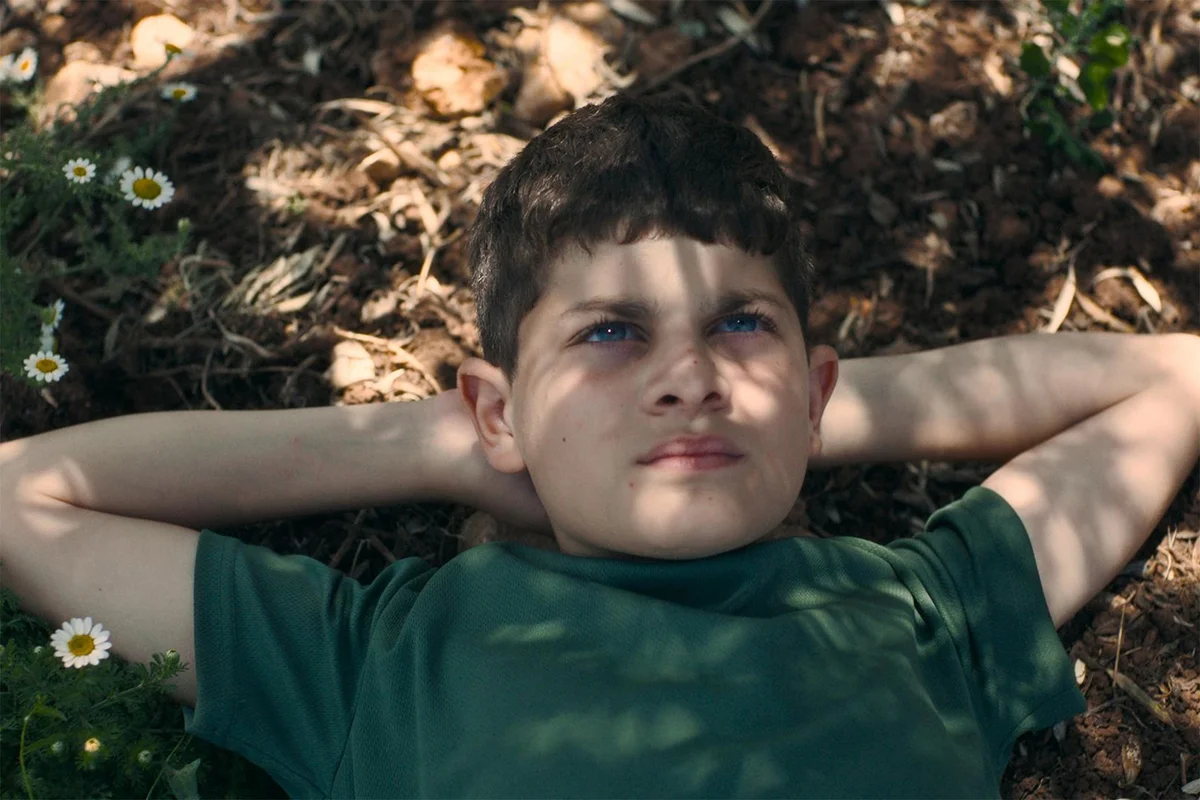By Maira Butt
Copyright independent

Israel’s culture minister has said he will cut funding for the country’s national film awards after a movie about a 12-year-old Palestinian boy won the ceremony’s top prize.
The Sea, directed by Shai Carmeli-Pollak, has been automatically entered as Israel’s submission for the Best International Feature Film at the Oscars after it triumphed at The Ophirs on Tuesday.
But culture minister Miki Zohar said the victory was a “slap in the face of Israeli citizens” and claimed the ceremony was “embarrassing and detached”.
He wrote on X (Twitter): “Starting with the 2026 budget, this pathetic ceremony will no longer be funded by taxpayers’ money. Under my watch, Israeli citizens will not pay from their pockets for a ceremony that spits in the faces of our heroic soldiers.”
The Association for Civil Rights in Israel is investigating whether the ministry is able to carry out Mr Zohar’s threat, according to The Jerusalem Post.
The film follows Khaled (Muhammad Gazawi), a boy from a Palestinian village who is excited to see the sea for the first time on a school trip. However, he is turned away at an Israeli military checkpoint for having an invalid permit while his classmates are able to continue.
He decides to go out to the coast to see the waters for himself, but does not know the way or how to speak Hebrew.
Khaled’s father, Ribni (Khalifa Natour), is an undocumented labourer and embarks on a high-risk search for his missing son after abandoning his job.
The chair of the Israeli Academy of Film and Television, Assaf Amir, responded to Mr Zohar’s statement, saying: “In the face of the Israeli government’s attacks on Israeli cinema and culture, and the calls from parts of the international film community to boycott us, the selection of The Sea is a powerful and resounding response.”
The movie first premiered at the Jerusalem Film Festival in July earlier this year. At the Ophirs, it picked up accolades for Best Picture, Best Screenplay for Carmeli-Pollak, Best Actor for Gazawi, Best Supporting Actor for Natour, and Best Original Score.
Accepting his award, Gazawi, 13, said: “I wish for all the children of the world, everywhere, to have the same opportunity – to live and dream without wars.”
The film’s Palestinian producer, Baher Agbariya, said: “This film was born from love for humanity and cinema, and its message is one – the right of every child to live and dream in peace, without siege, without fear, and without war.”
Natour did not attend the awards, citing “the army’s entry into Gaza and the genocide that frightens me greatly”.
Backlash against Palestinian cultural efforts has escalated in recent times, with Basel Adra, the Oscar-winning Palestinian director of No Other Land (2024), reporting raids on his home in the West Bank by Israeli soldiers last week. A Palestinian activist and father-of-three, Awdah Hathaleen, featured in the film, was killed by an Israeli settler in the aftermath of its success.
Mr Zohar, who introduced a bill in February restricting funding for independent films in favour of commercial titles, had criticised the movie as “sabotage against the state of Israel”.
A cultural boycott of Israeli film institutions was supported by Hollywood actors including Javier Bardem, Olivia Colman, Emma Stone and Riz Ahmed. Paramount criticised the move, saying it did not agree with “silencing individuals”.



